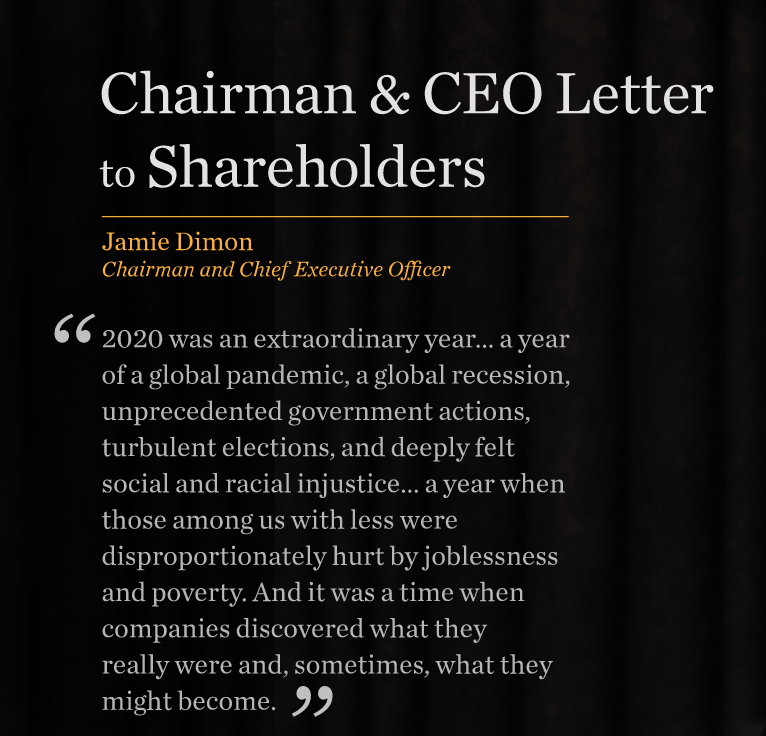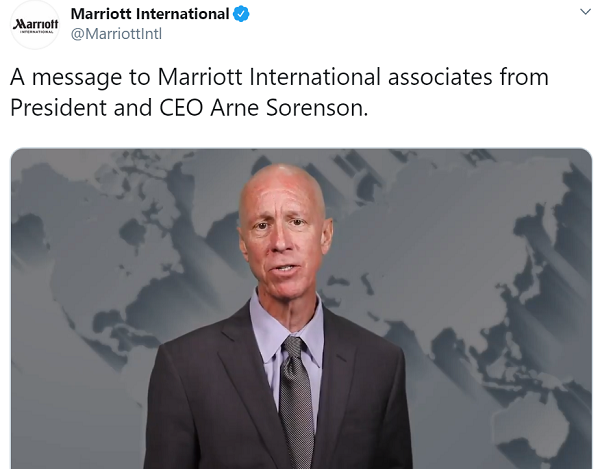Lego: "Everyone Is Awesome"
/Lego is celebrating the LGBTQIA+ community with a new rainbow-colored set. The set will be available on June 1—the start of Pride Month. The designer explains the decision for the “Everyone Is Awesome” product:
“I am fortunate to be a part of a proud, supportive and passionate community of colleagues and fans. We share love for creativity and self-expression through Lego bricks and this set is a way to show my gratitude for all the love and inspiration that is constantly shared.”
The designer also explained that the characters intentionally have no specified gender.
In a press release, the company describes the purpose:
“Everyone is unique, and with a little more love, acceptance and understanding in the world, we can all feel more free to be our true AWESOME selves! This model shows that we care, and that we truly believe ‘Everyone is awesome’!”
The product is a good example of company leaders taking a stand. They might alienate some customers, but they are holding true to their values, stated at the bottom of the release:
“The LEGO Group is committed to building a diverse and inclusive workplace. It partners with Workplace Pride, Stonewall and Open for Business to help shape strategies to support employees who identify as LGBTQIA+ and allies across the company. It also supports UK-based charity, Diversity Role Models which works to educate children about inclusivity and empathy in order to build supportive and inclusive future generations.”













